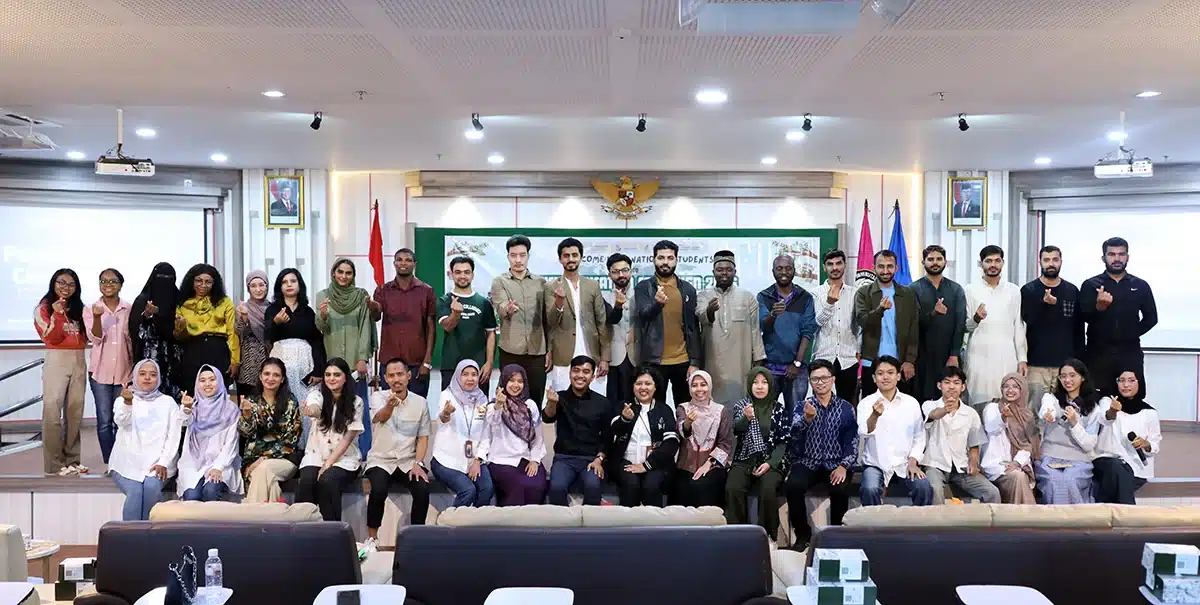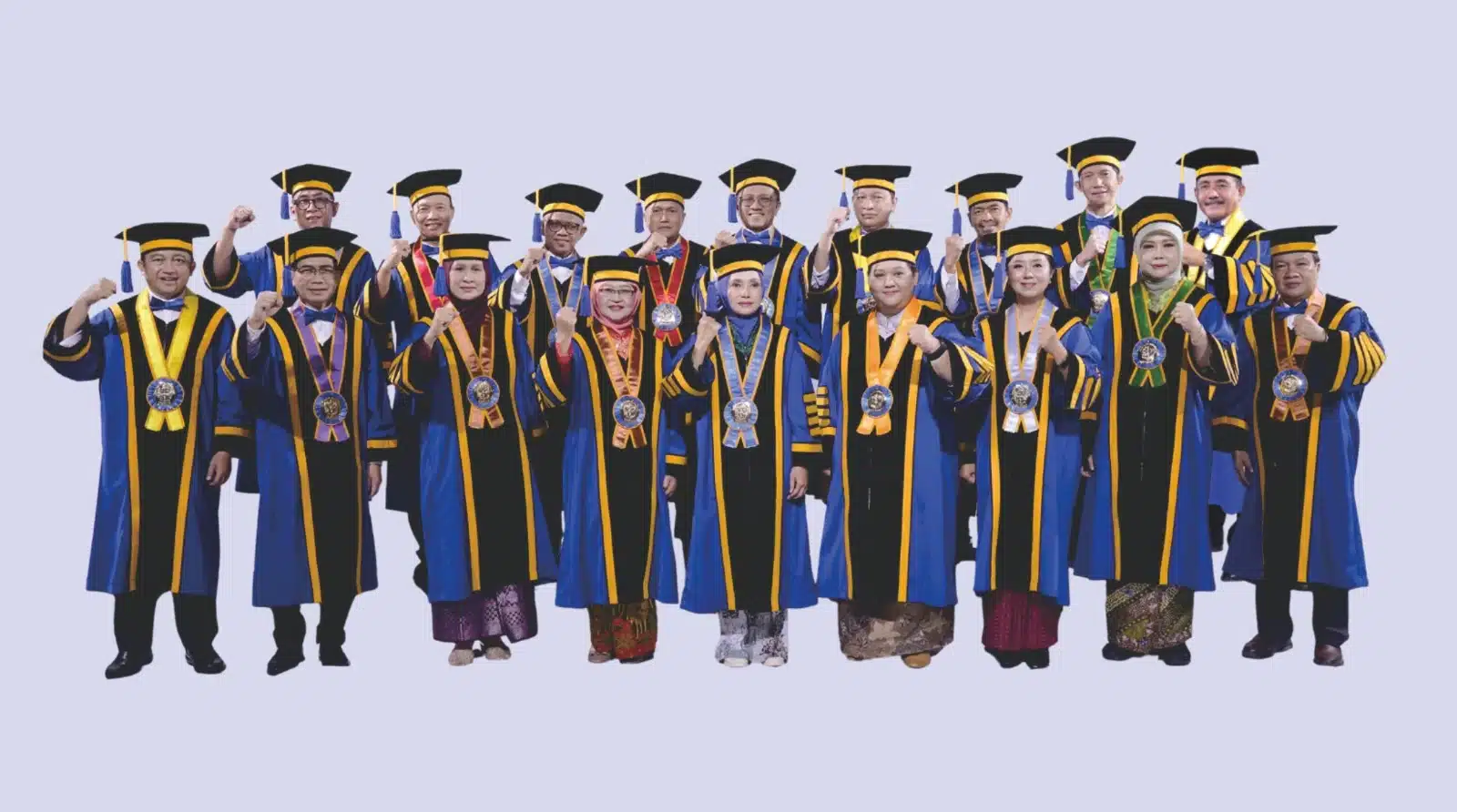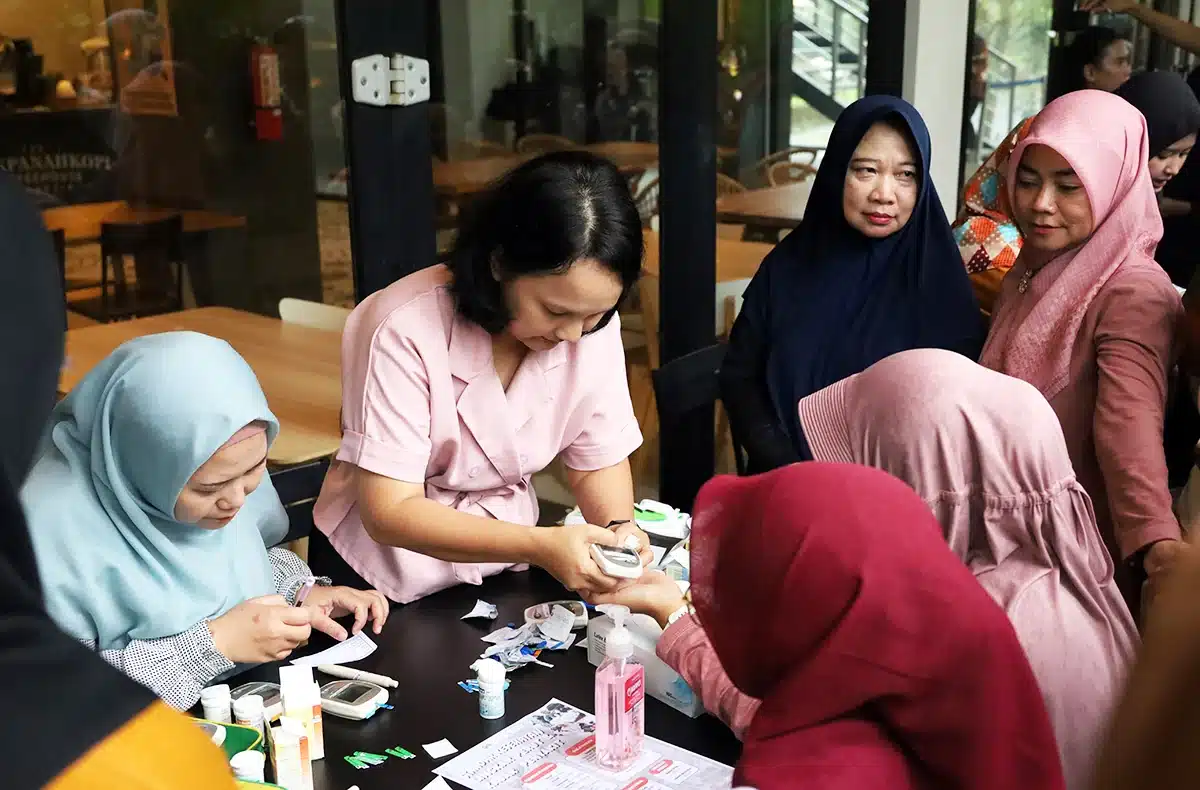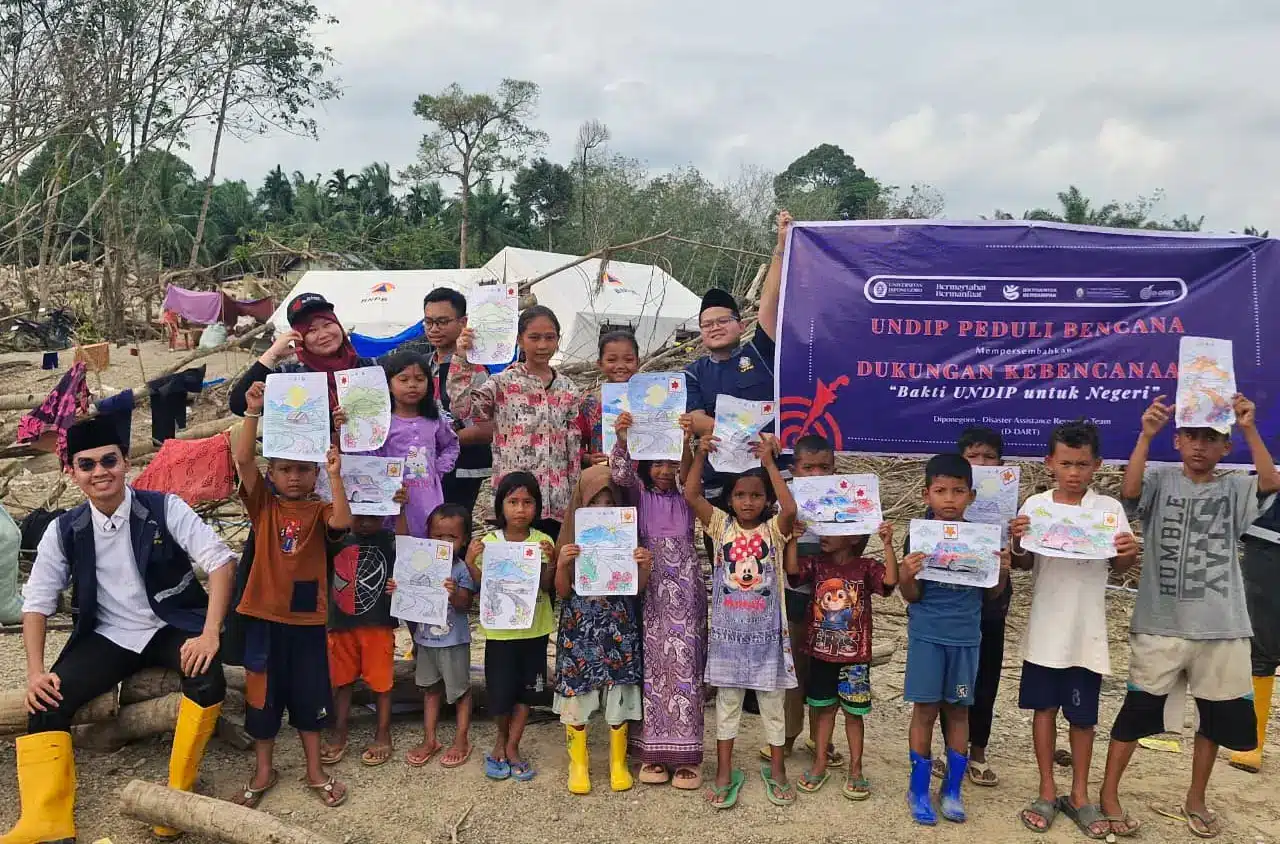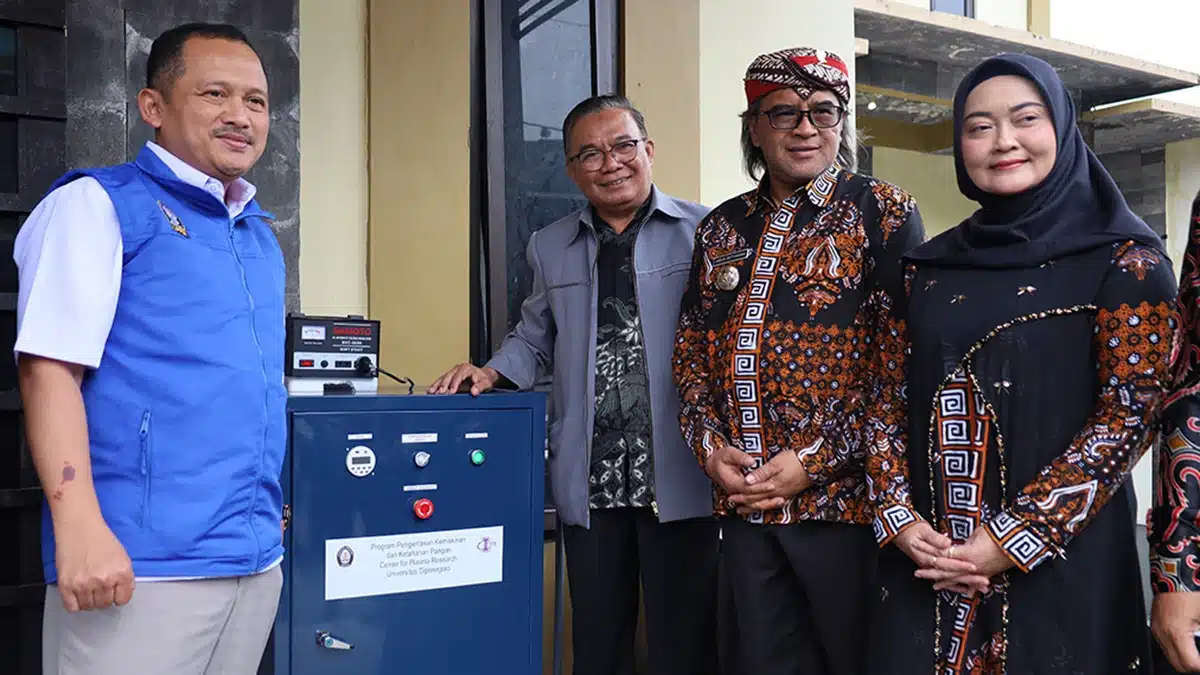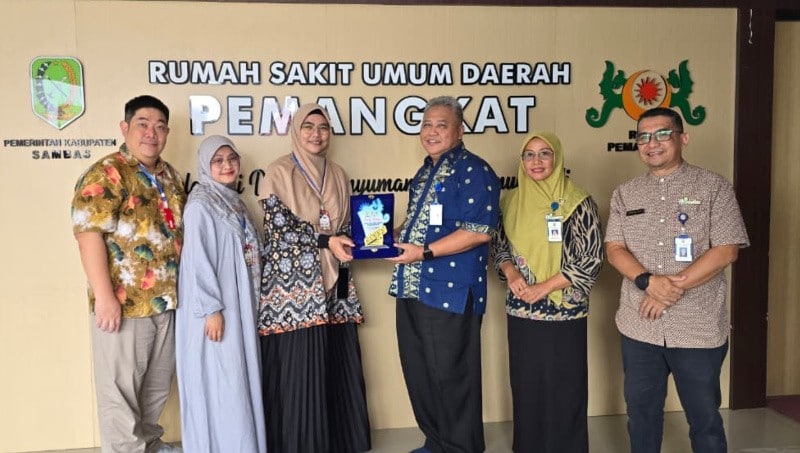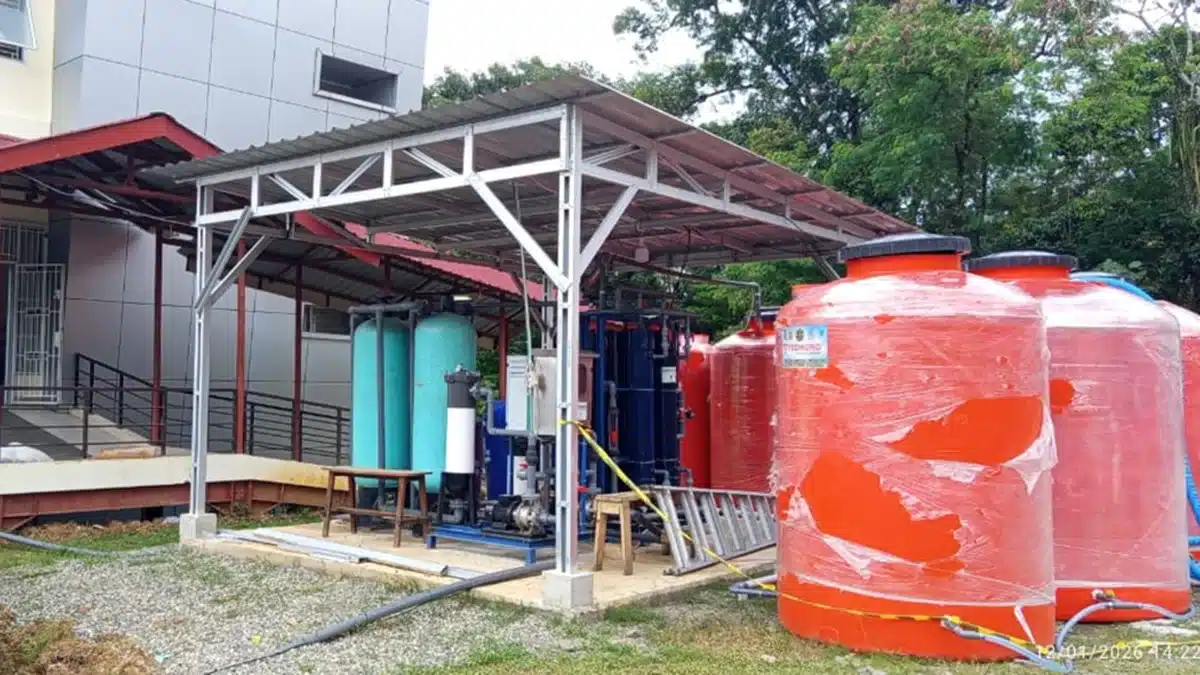Community Service (KKN) Students Team I of Diponegoro University carried out a practical program for planting and processing several types of family medicinal plants (TOGA) for the people of Wonosari Village, Karanganyar District, Pekalongan Regency. TOGA is an essential thing for traditionally caring for family health and does not contain chemicals. This program is motivated by the people of Wonosari Village, who do not make much use of the narrow yards around their houses and still need to learn how to process TOGA.
This program is a scientific program carried out by Agroecotechnology Undip’s students, which aims to enable people to utilize the minimal land around their homes to plant TOGA using polybag media, which has many benefits and can be processed into medicine. Therefore, implementing a program regarding TOGA can provide the public with an understanding that TOGA is very easy to plant, has many benefits, and is a processing method that can be done at any time.
The program was held on Tuesday (16/01) from 08.00 – 10.00 at the Wonosari Village Hall. This activity begins with a presentation regarding the introduction of TOGA, an explanation of the benefits and processing of several TOGA, and practice on the correct method of planting TOGA. All participants followed the planting practice using polybags, growing media, basil seeds, ginger rhizomes and turmeric rhizomes that had been prepared.
The presentation session on materials and practices for implementing the Undip Community Service Students Team I’s work program was attended with great enthusiasm by participants from Wonosari Village. Interest in being able to utilize the yard by planting TOGA using polybags is one factor. Planting practices and materials regarding how to process family medicinal plants have a positive impact on the family’s overall health.
By understanding this process, the people of Wonosari Village can take advantage of their narrow yards, be more independent in maintaining their health, and reduce their dependence on chemical drugs. Applying this knowledge can make a positive contribution to a healthy and sustainable lifestyle. To learn more about the Agroecotechnology study program, visit the website: agroekoteknologi.fpp.undip.ac.id.

Author: Pelangi Dian Sakanti, Agroecotechnology Study Program, Faculty of Animal and Agricultural Sciences Undip
(Pelangi, ed. As&Ut/Public Relations)


